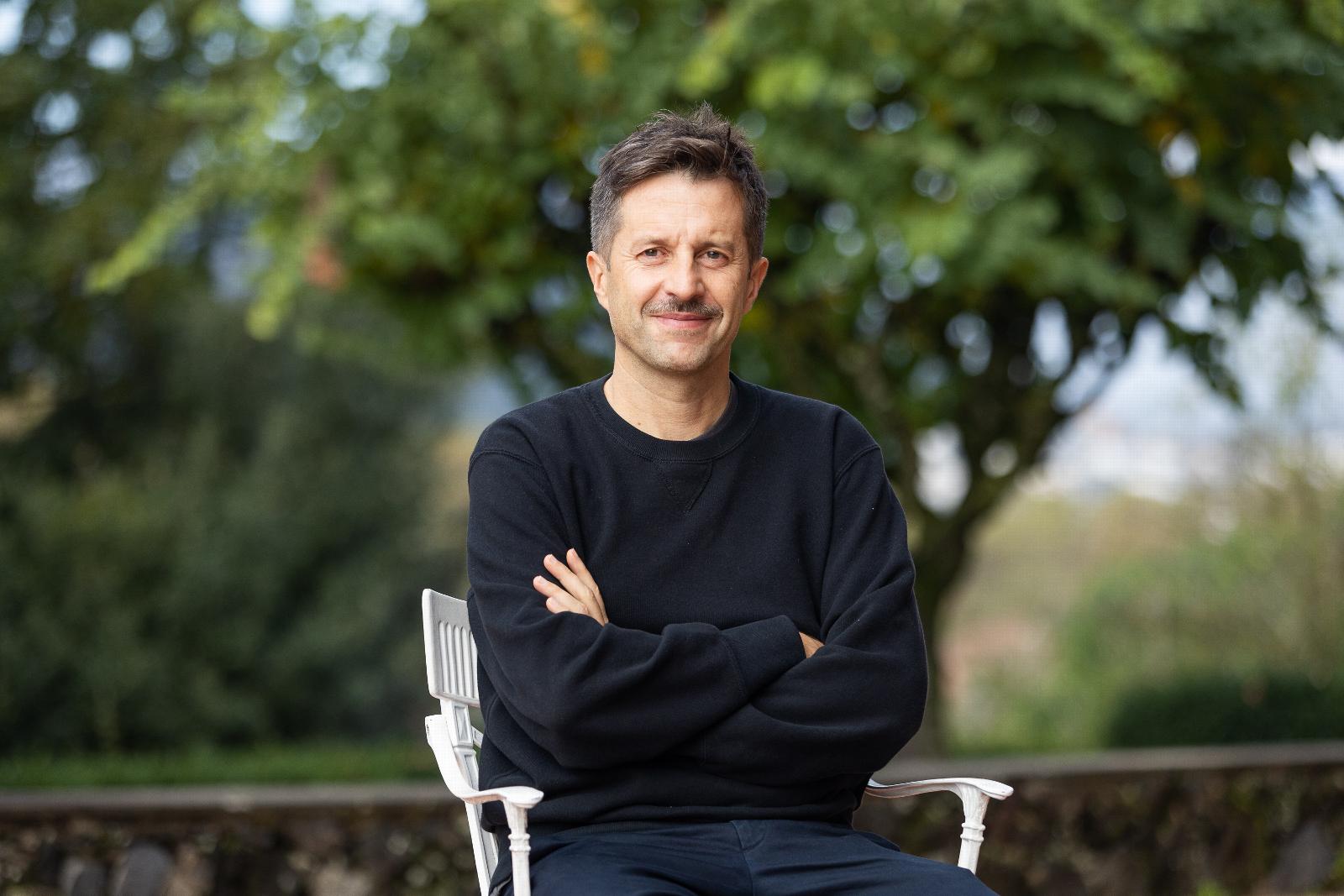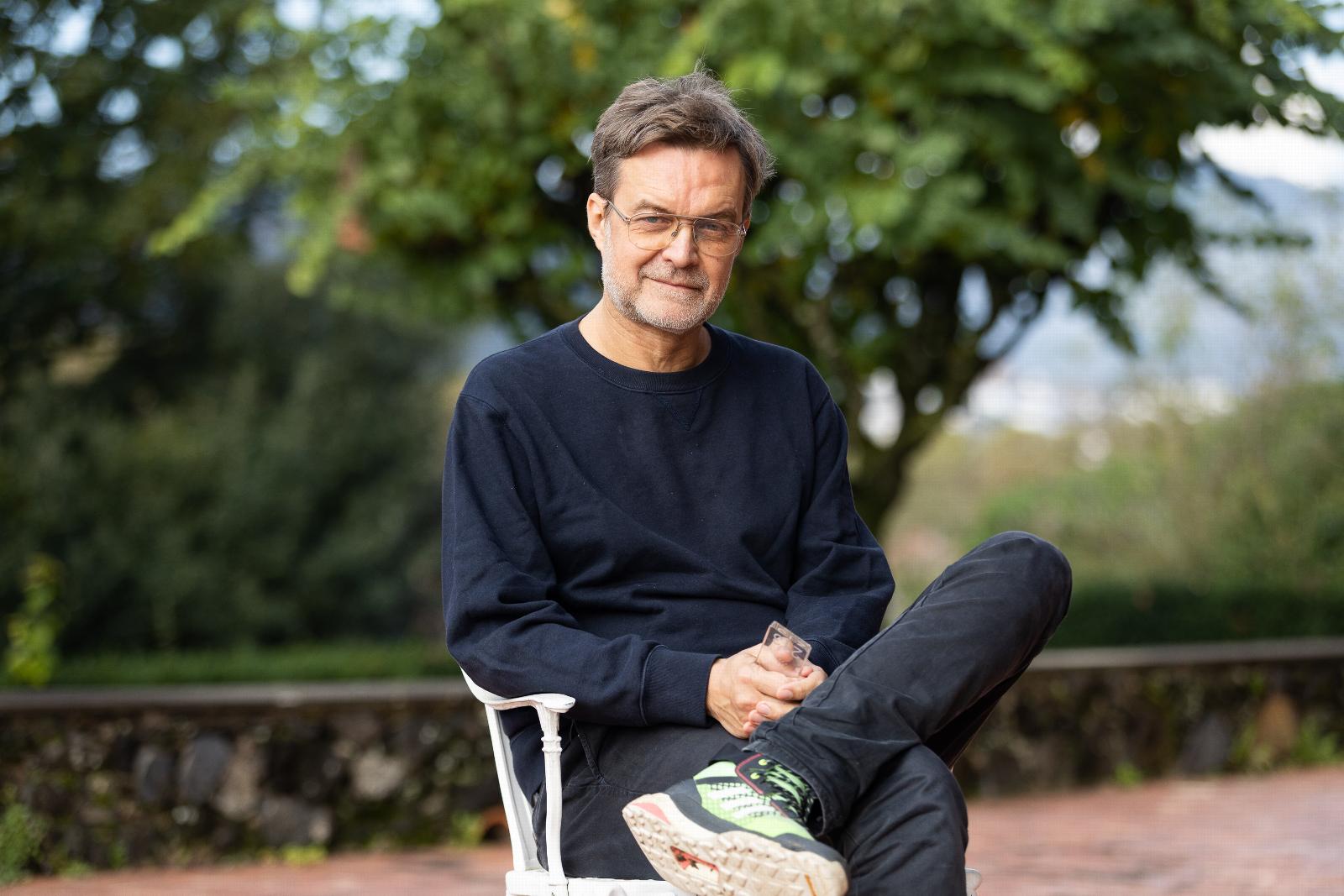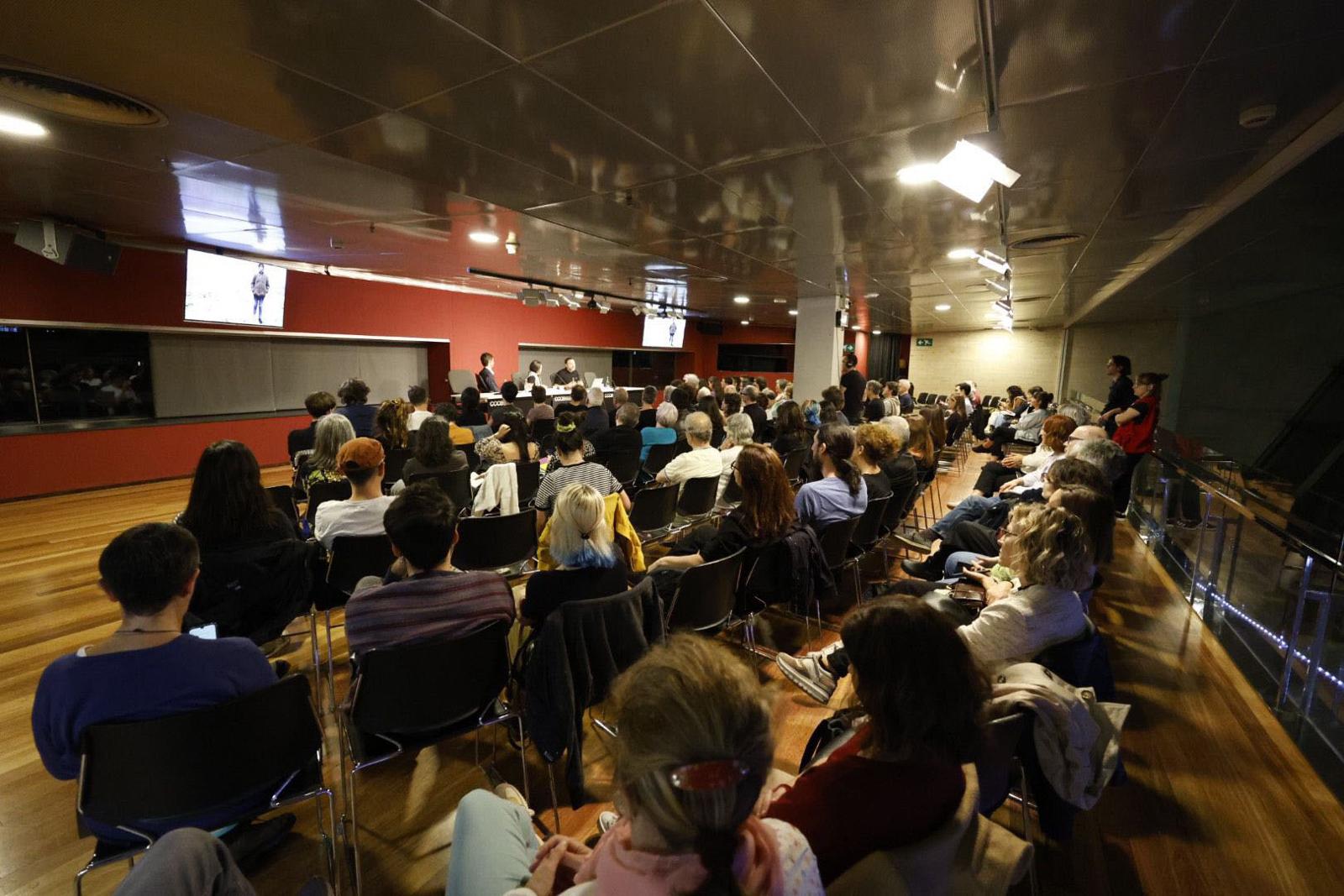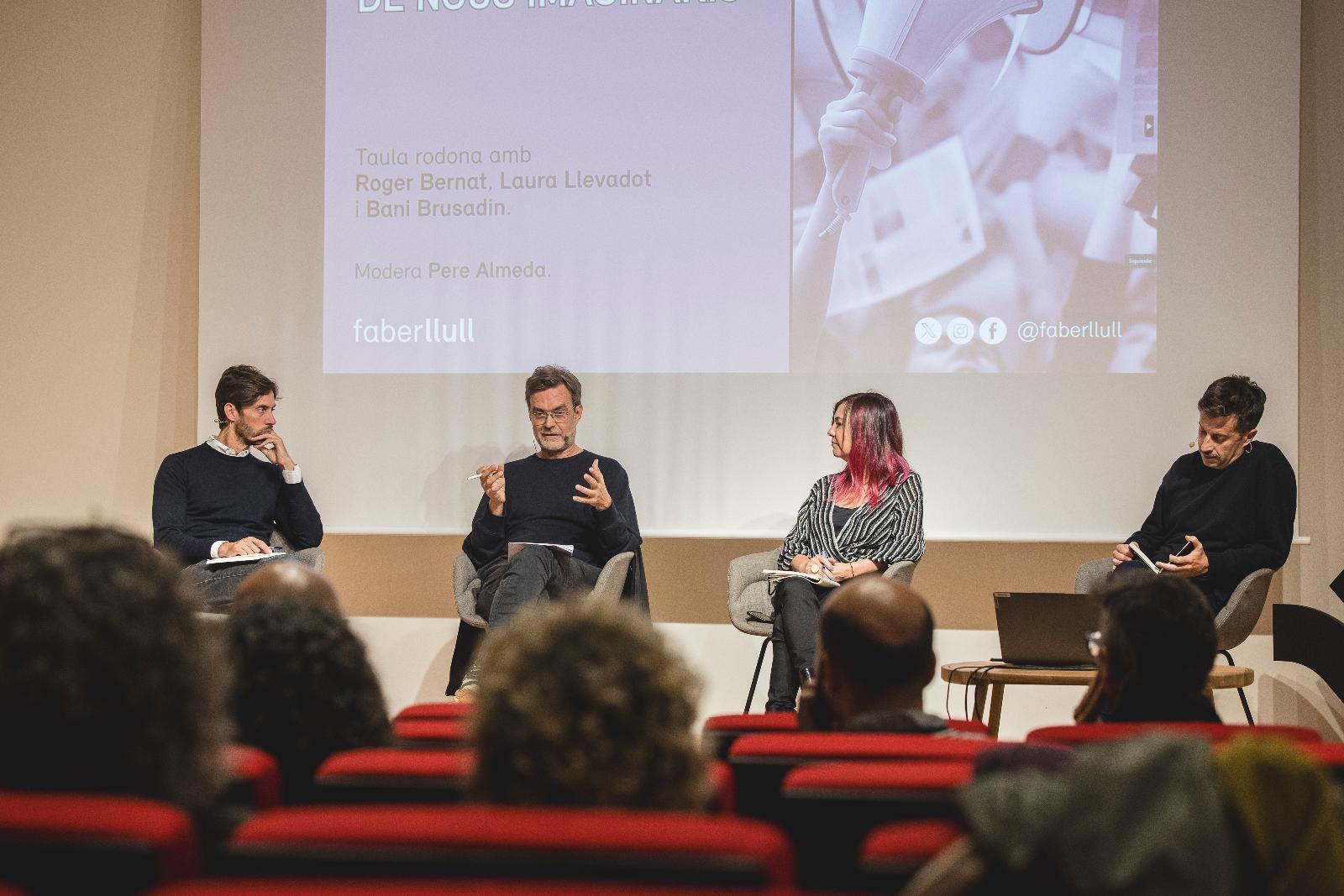Collective residencies / Olot
Democracy at risk. Culture and barbarity
From Tuesday, 5 November 2024 to Monday, 11 November 2024

November 2024
Faberllull is hosting scholars, creators and activists from several countries to assess the state of democracies and how culture can respond to the threats and attacks on basic human rights from anti-democratic discourses. The participants will share their experiences and proposals to stop the spread of authoritarianism and types of neo-fascism that are popping up and threatening democratic principles.
“Faced with a global systemic crisis, we have to stand up for the radicalisation of democracy, all the while proposing a legitimate criticism of the structural failings of existing democratic systems,” says residency curator Marcelo Expósito. In this regard, the programme also aims to highlight that practices opposing new authoritarianisms are based on a long tradition of criticism of inequalities and democratic activism, often from people who have been made invisible, silenced or even made to disappeared by historical dynamics of modernisation.
This event, promoted by Institut Ramon Llull, aims to create a place for dialogue and shared ground among the participants, while also building a collaborative network of international spaces for thought. Through conversations and debates, the participants will reflect on aspects such as new and old negationisms, impoverished communication in the democratic public sphere, reactionary re-appropriation of subversion and disobedience, global culture wars, new scenes of political experimentation and the importance of decolonialism, feminism and climate justice today.
In the 1970s, Michel Foucault posited the notion of the “non-fascist life”, summing up one of the deepest aspirations of the revolts of May 68: to not only build forms of radically democratic government where authoritarian violence had no place, but to also create non-fascist subjectivities. It is important, then, to ask whether it is still possible to tackle the challenges of the 21st century from a new republic of historically and currently rebellious subjectivities.
Residents
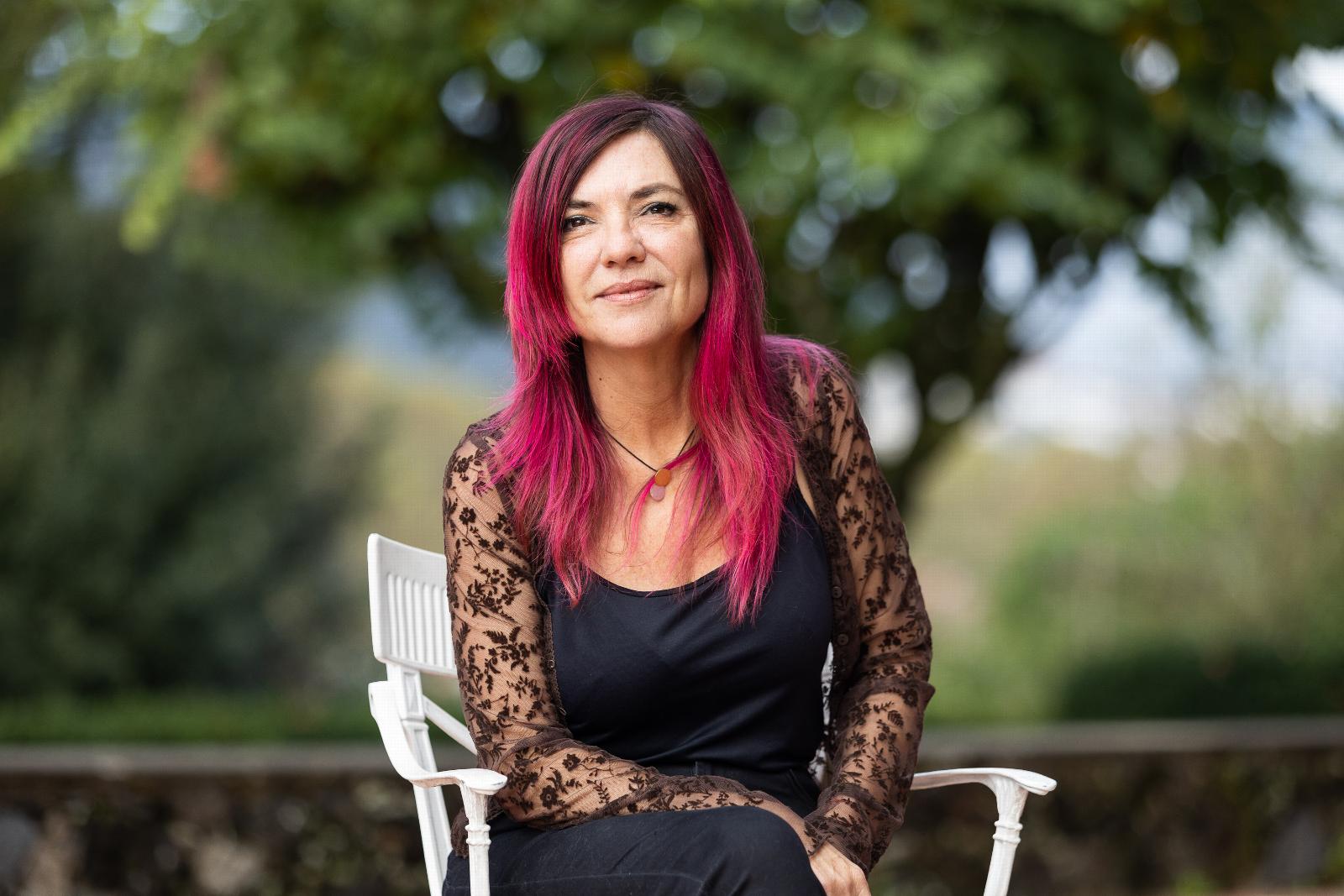
LAURA LLEVADOT
Professor of contemporary philosophy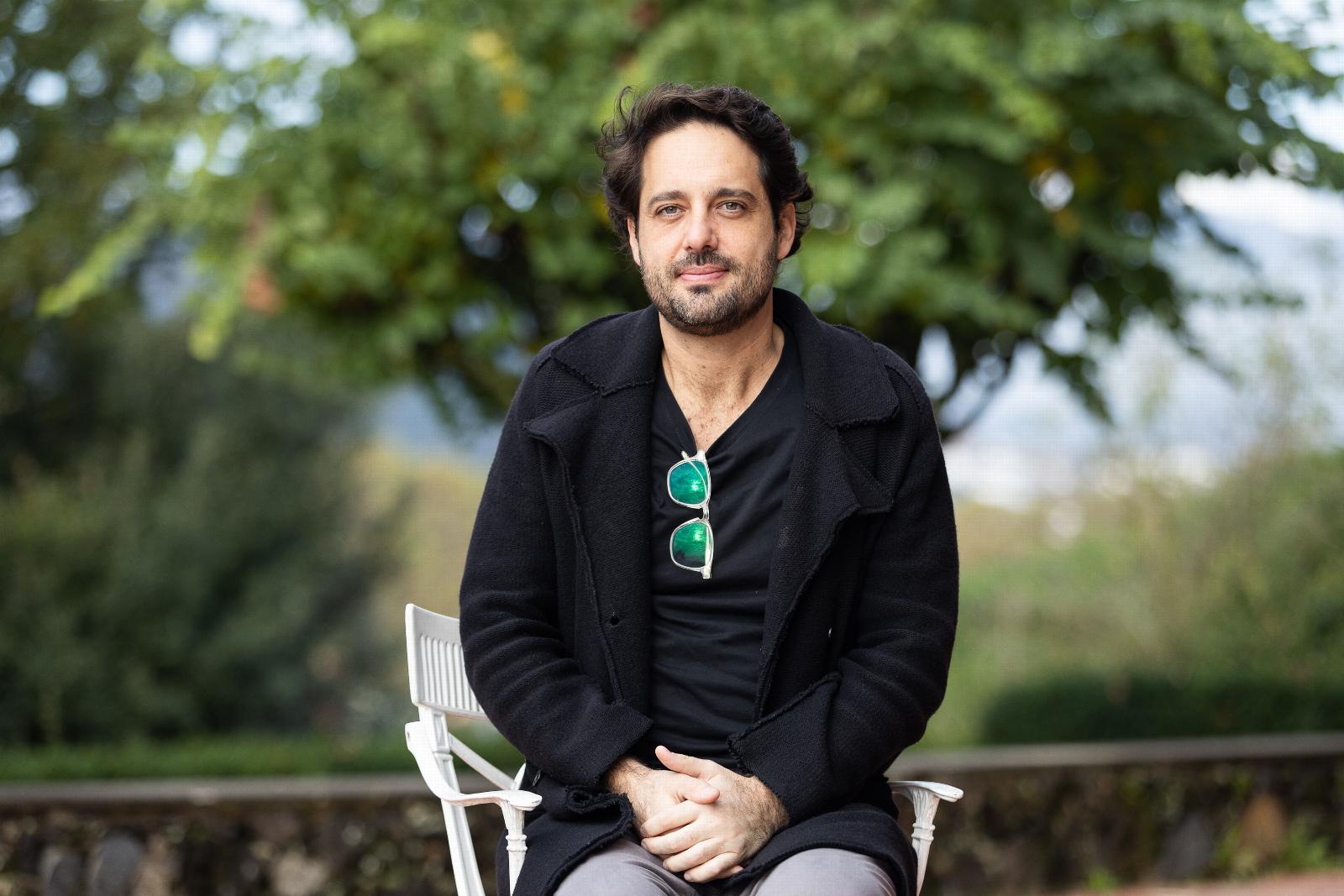
RAFAEL HEIBER
PhD in sociology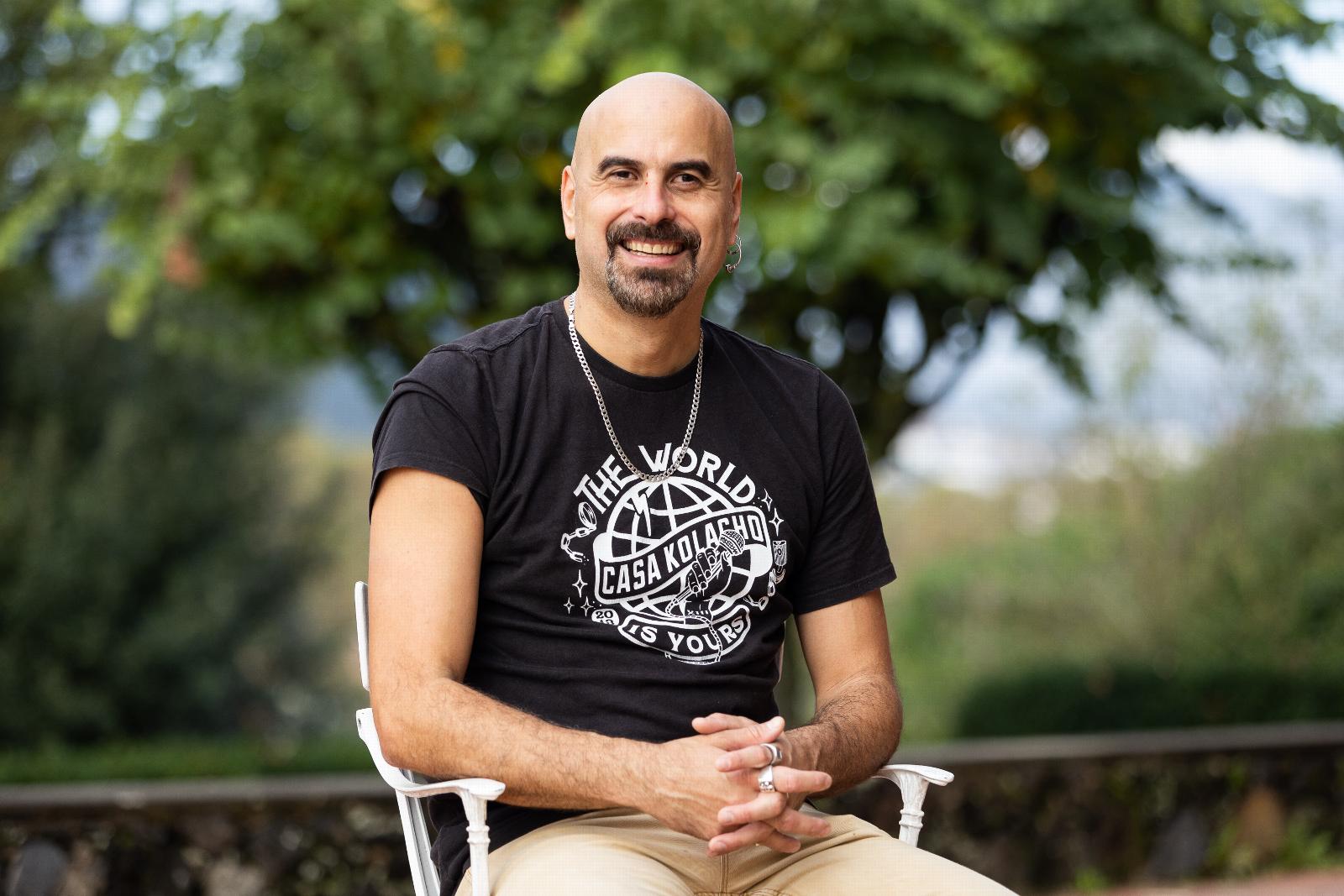
PAU LLONCH
Educator and economist
NÚRIA GÜELL
Artist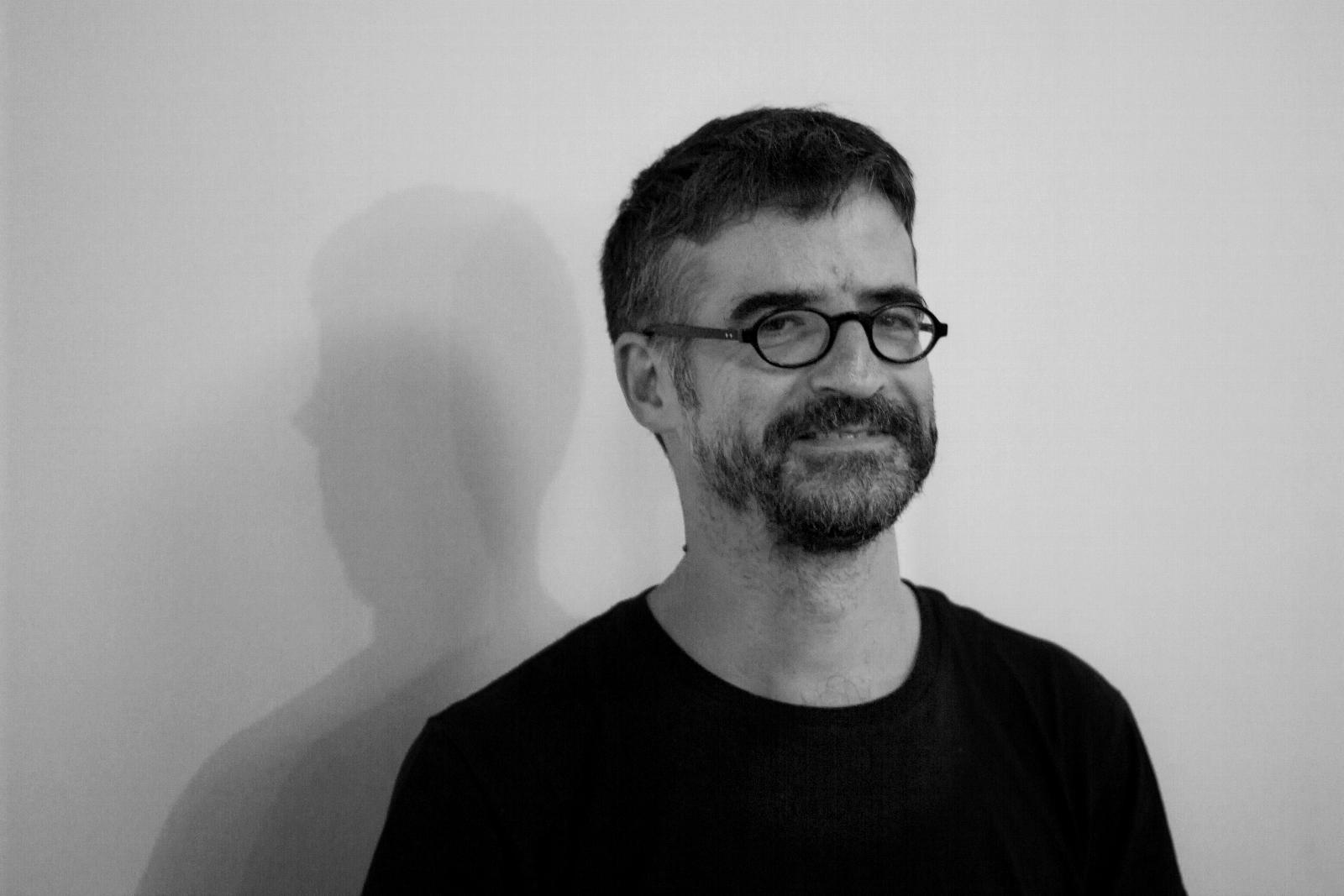
JAIME VINDEL
PhD in Art History
PASTORA FILIGRANA
Labour lawyer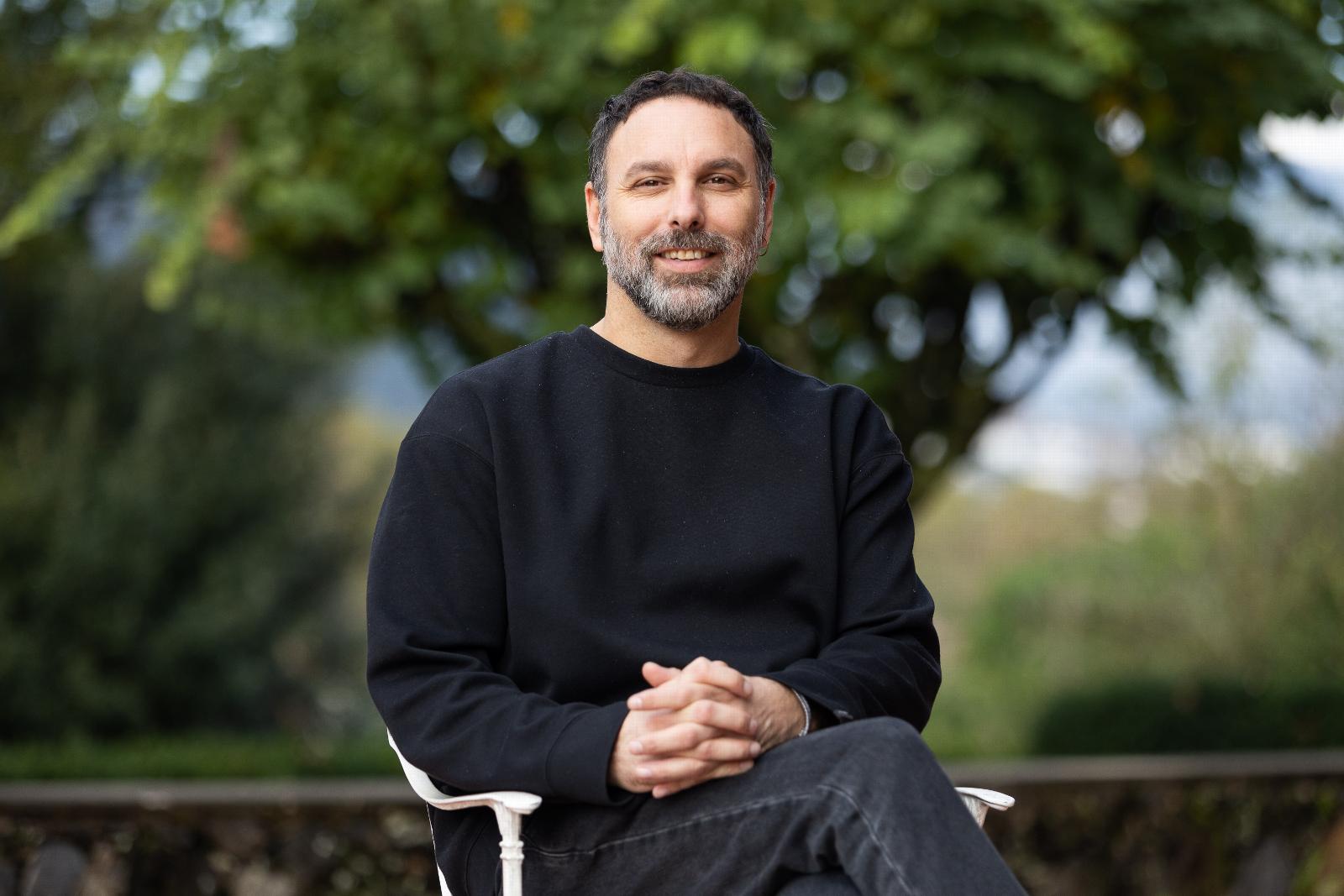
HIBAI ARBIDE
Journalist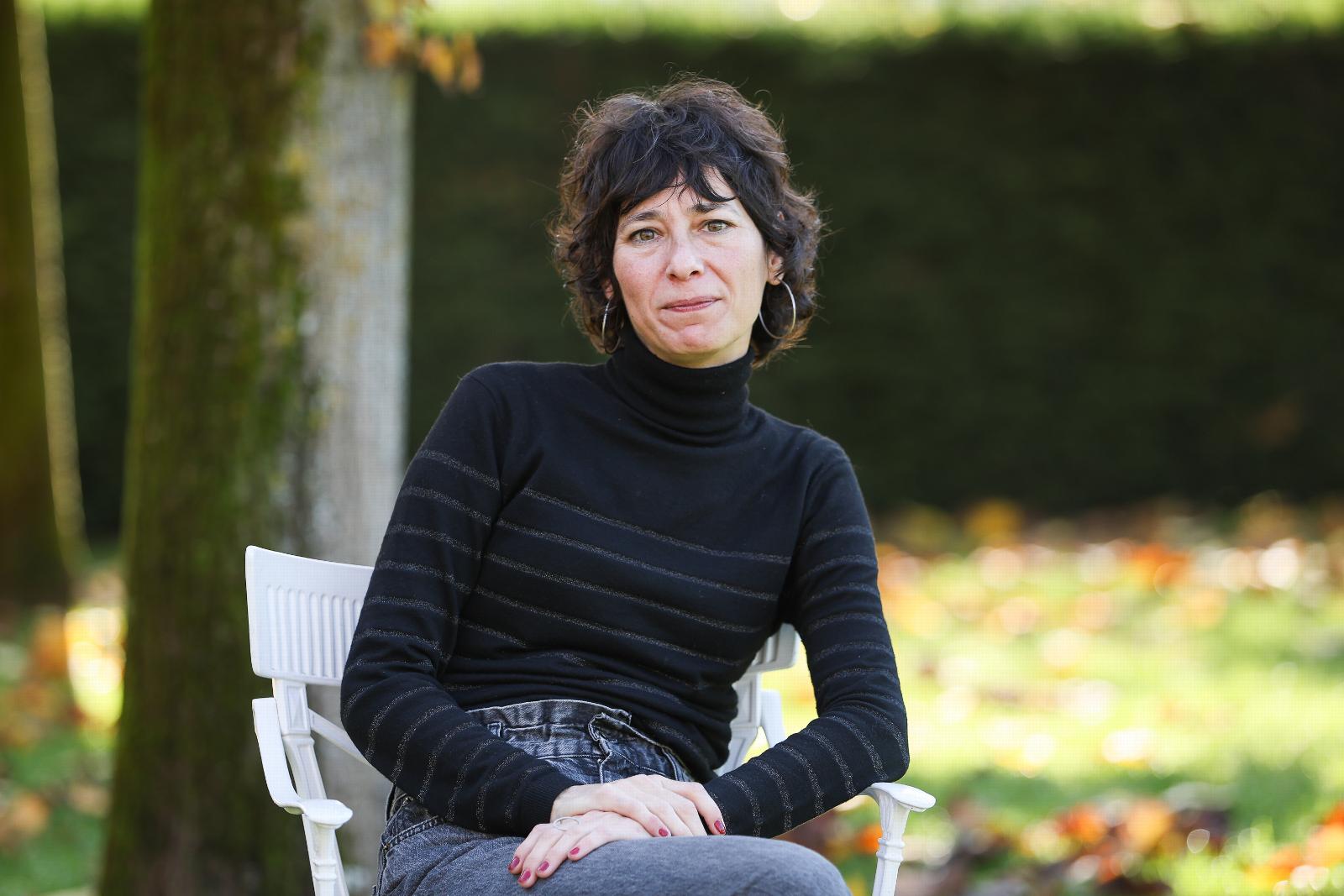
PAULA KUFFER
PhD in Philosophy, researcher and professor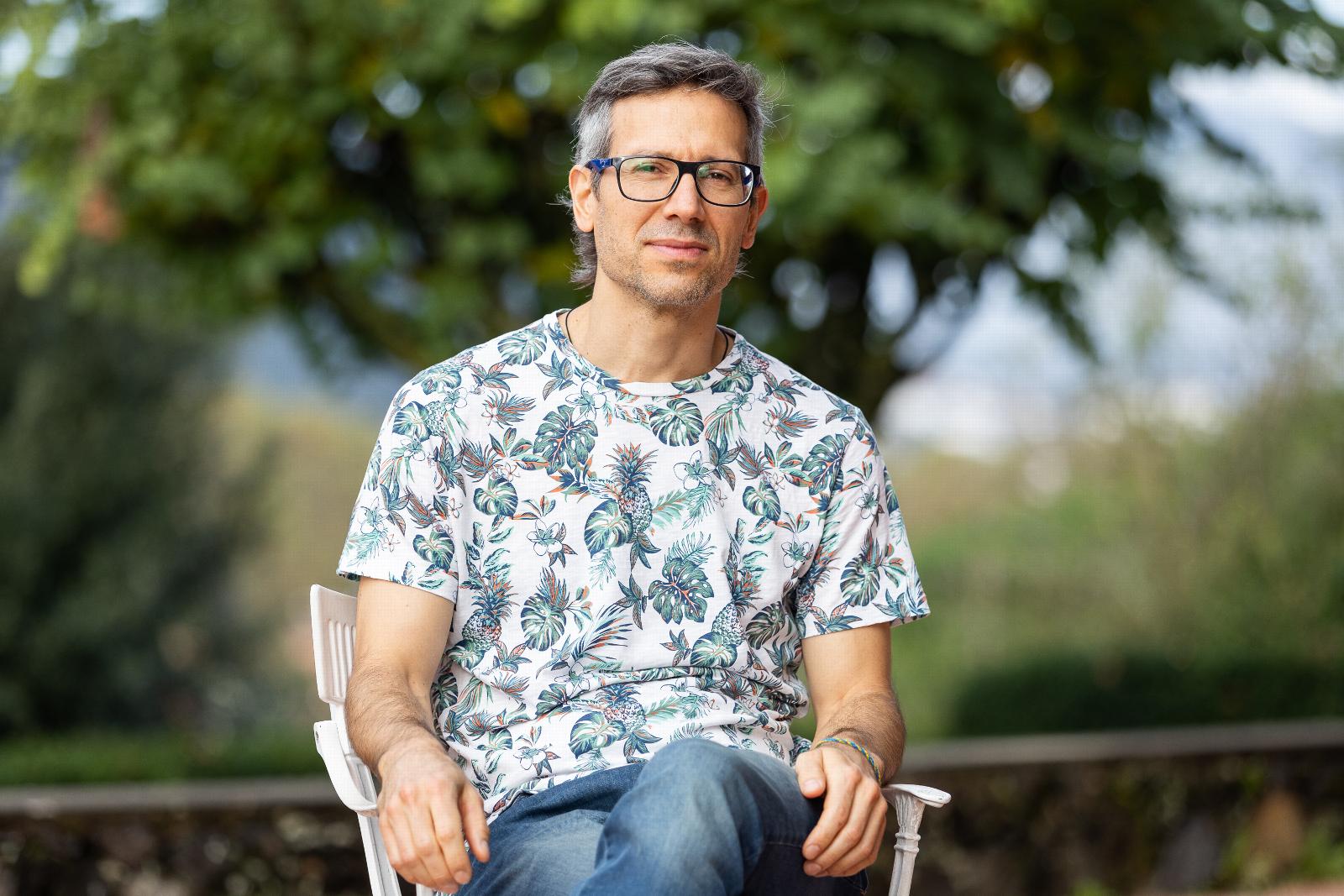
LUIS IGNACIO GARCÍA
PhD in Philosophy, researcher and professor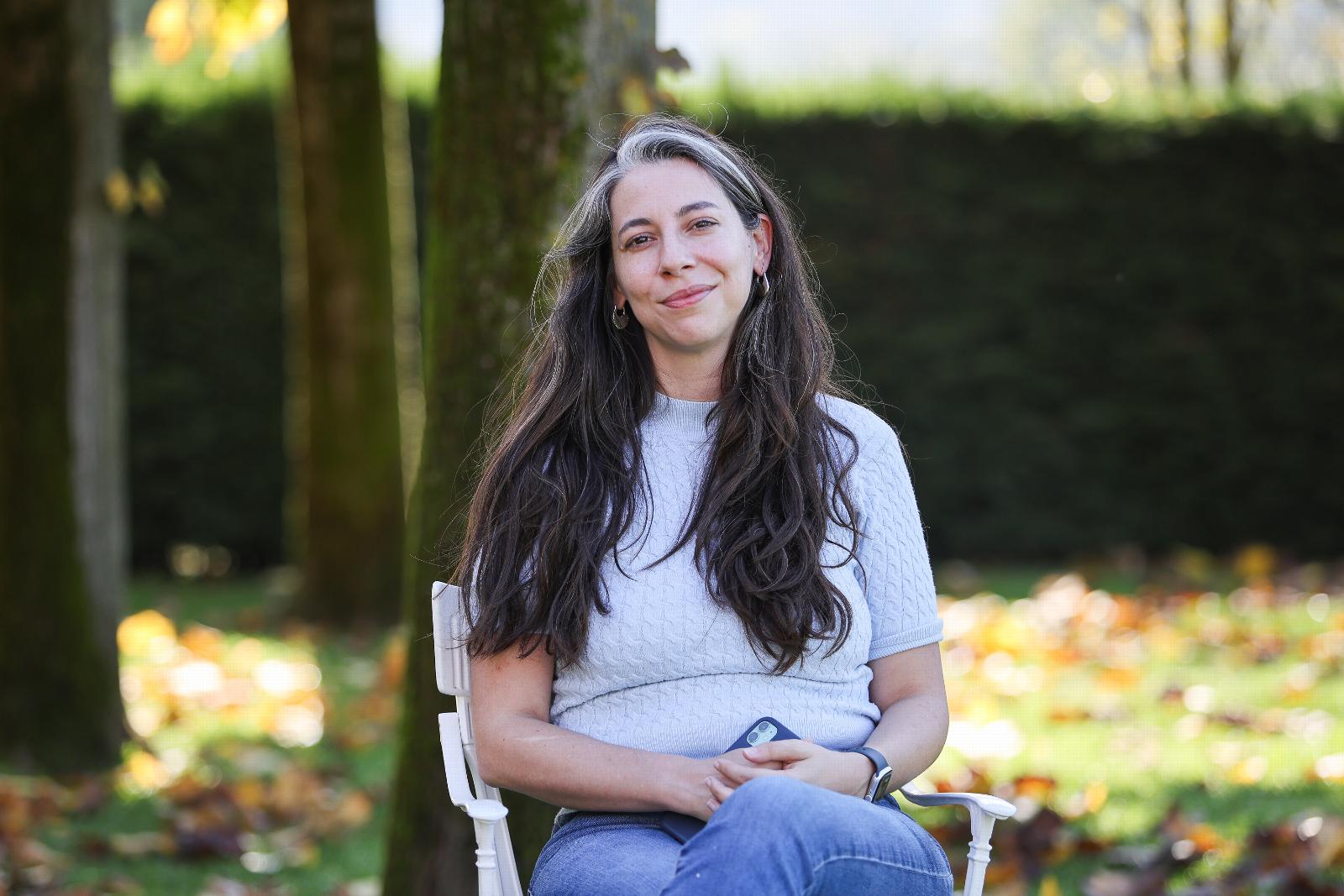
FLORENCIA MONTES PÁEZ
Political scientist who specialises in political philosophy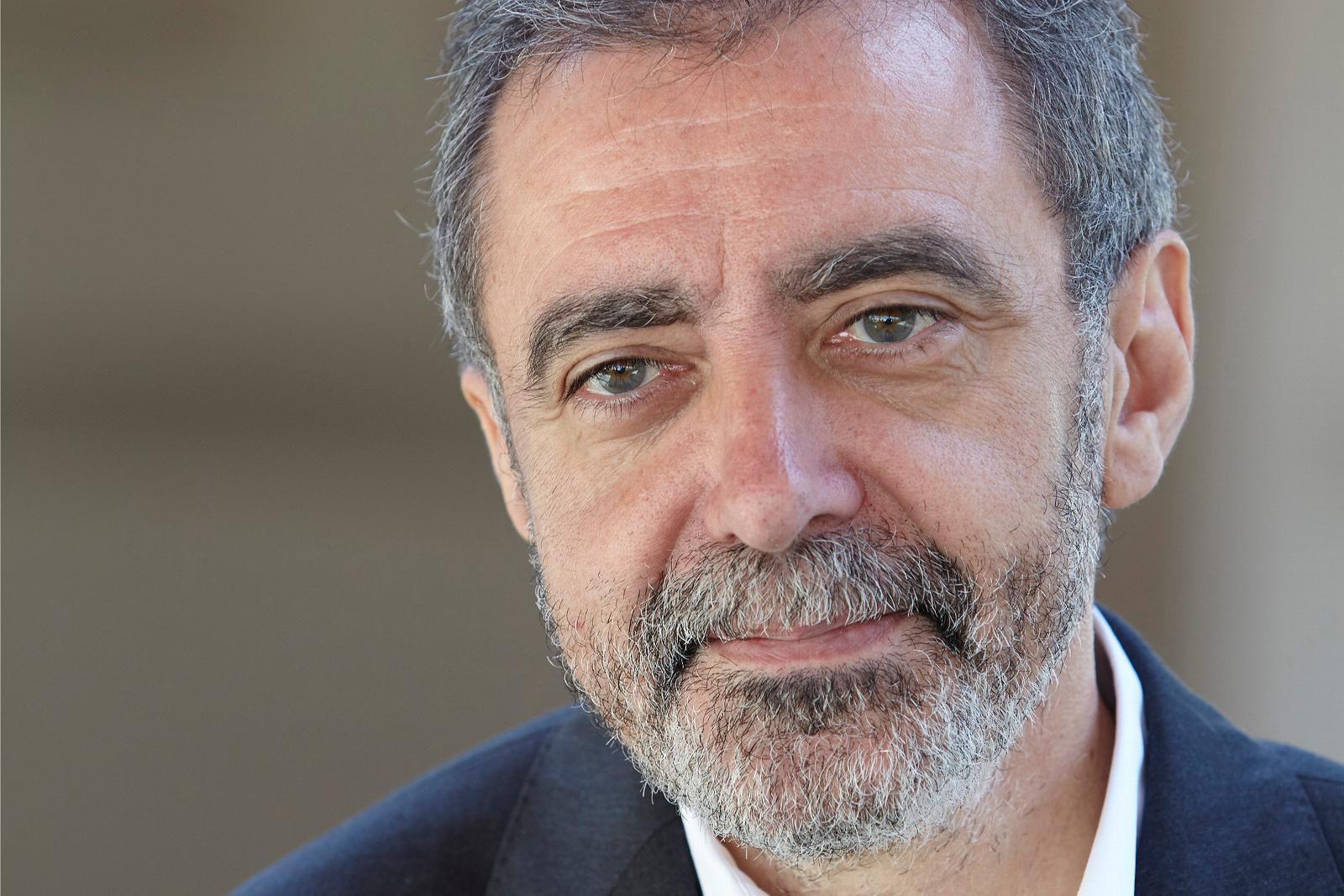
MANUEL BORJA-VILLEL
Art historian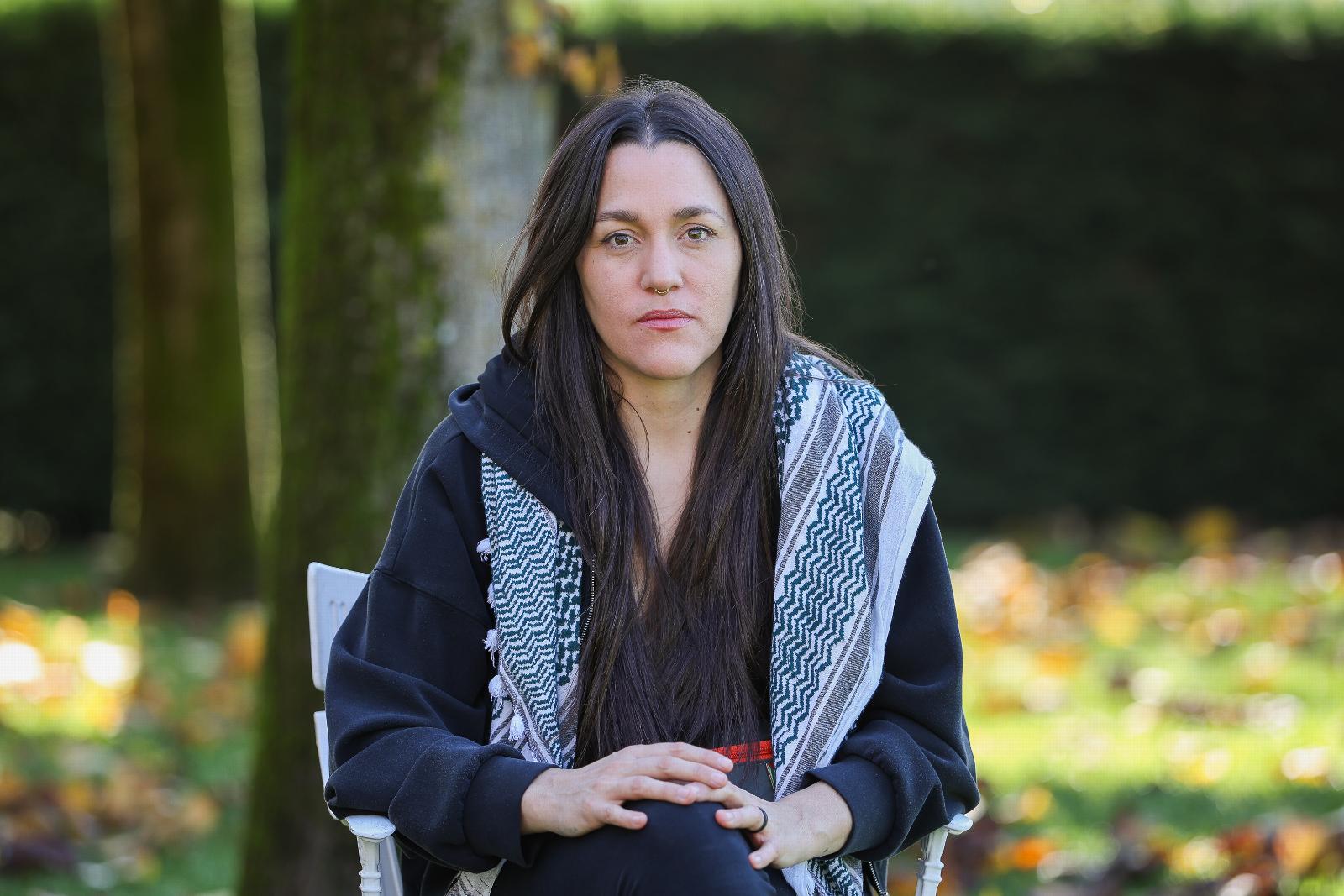
DANIELA ORTIZ
Artist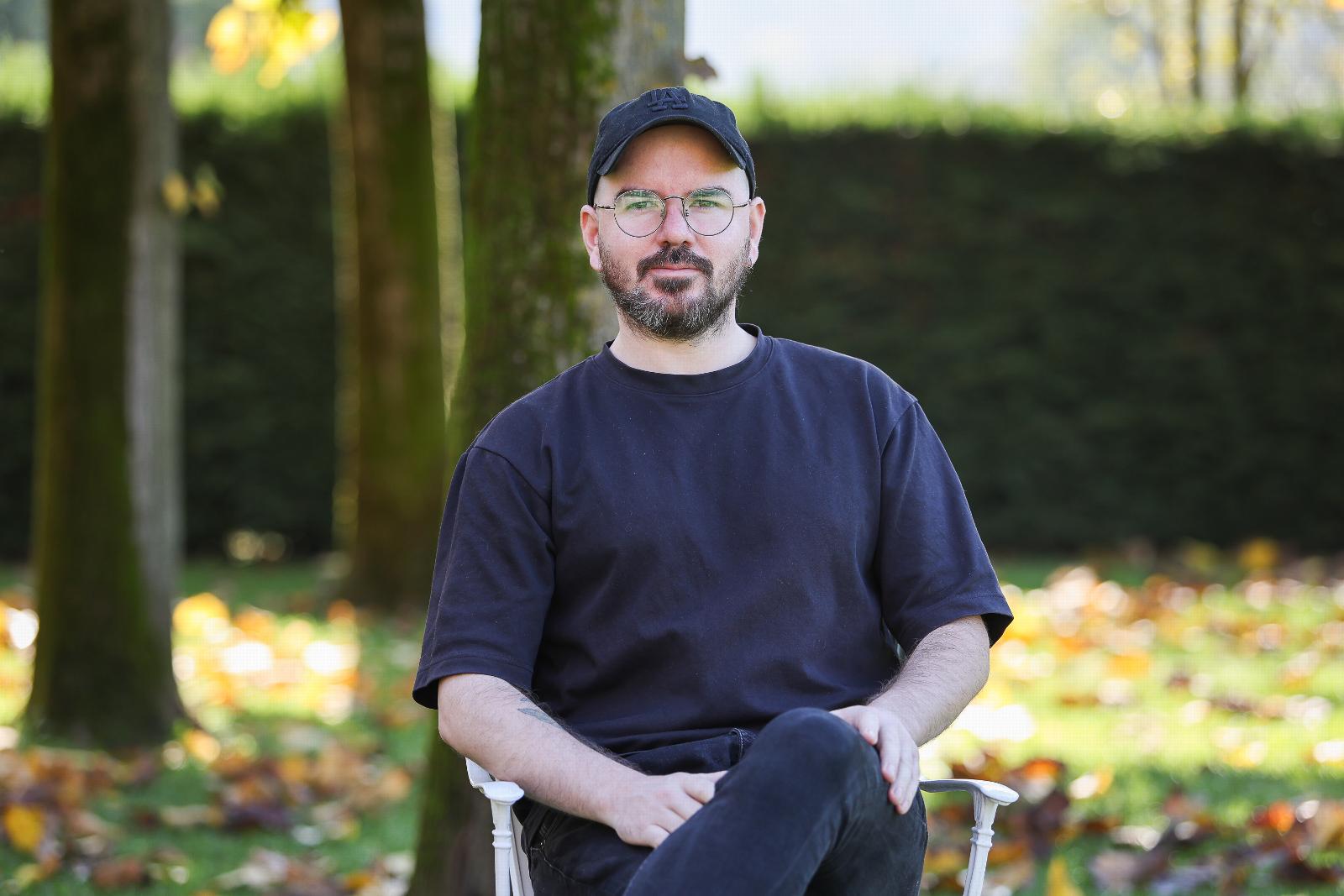
GIORGIO JACKSON
Industrial engineer and politician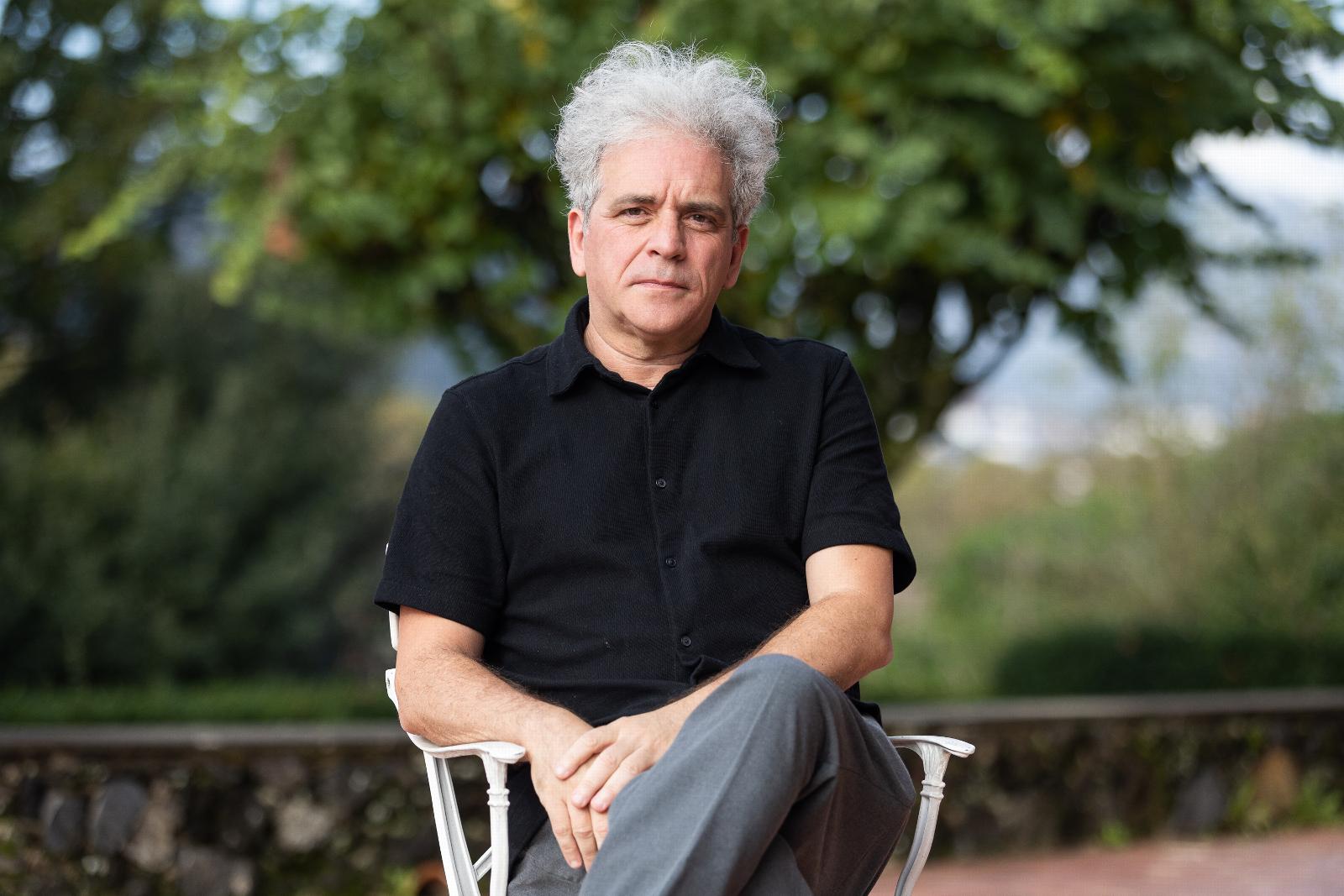
MARCELO EXPÓSITO
Artist, educator and cultural critic
OLGA RODRÍGUEZ
Journalist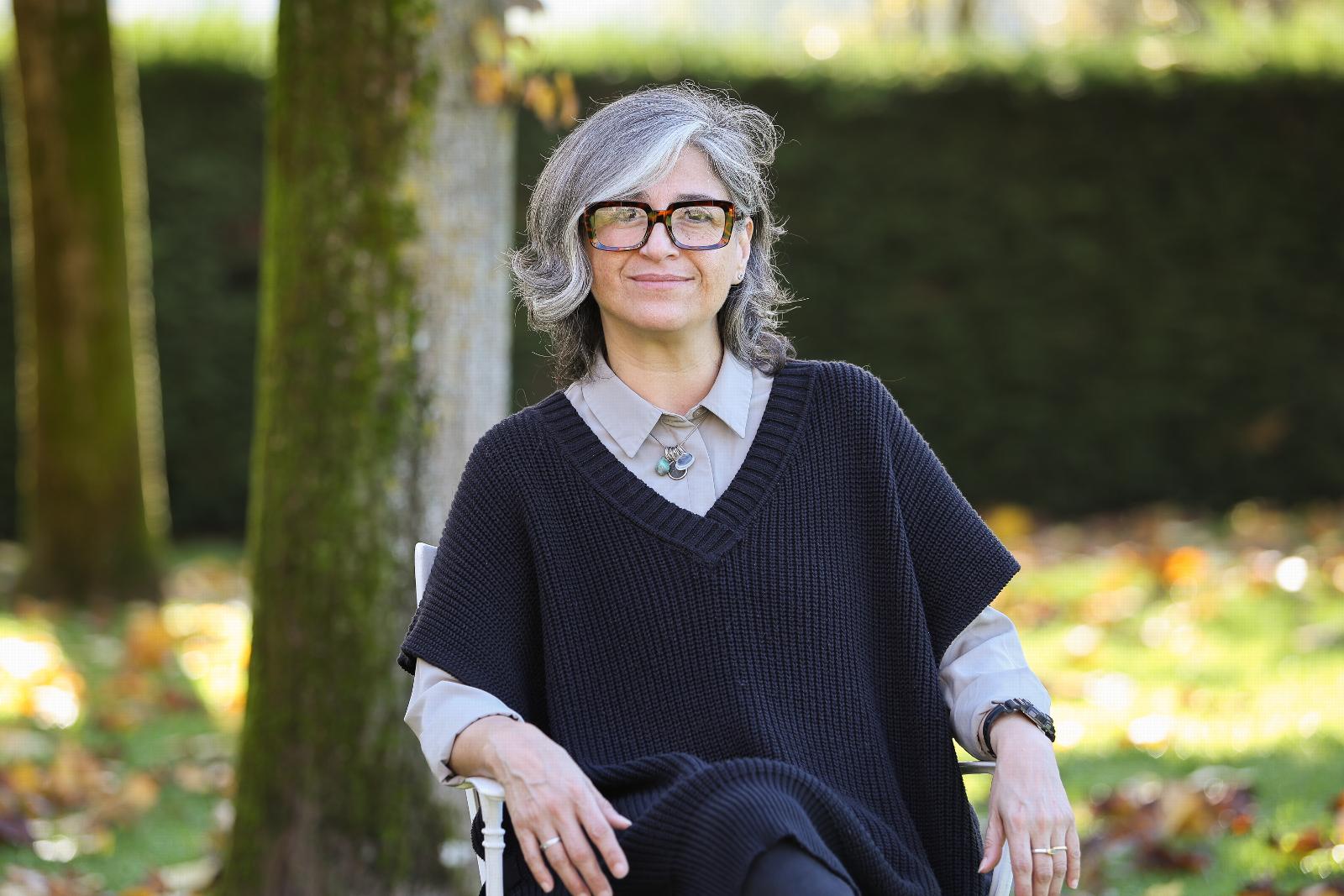
VALERY ALZAGA
Migrant rights activist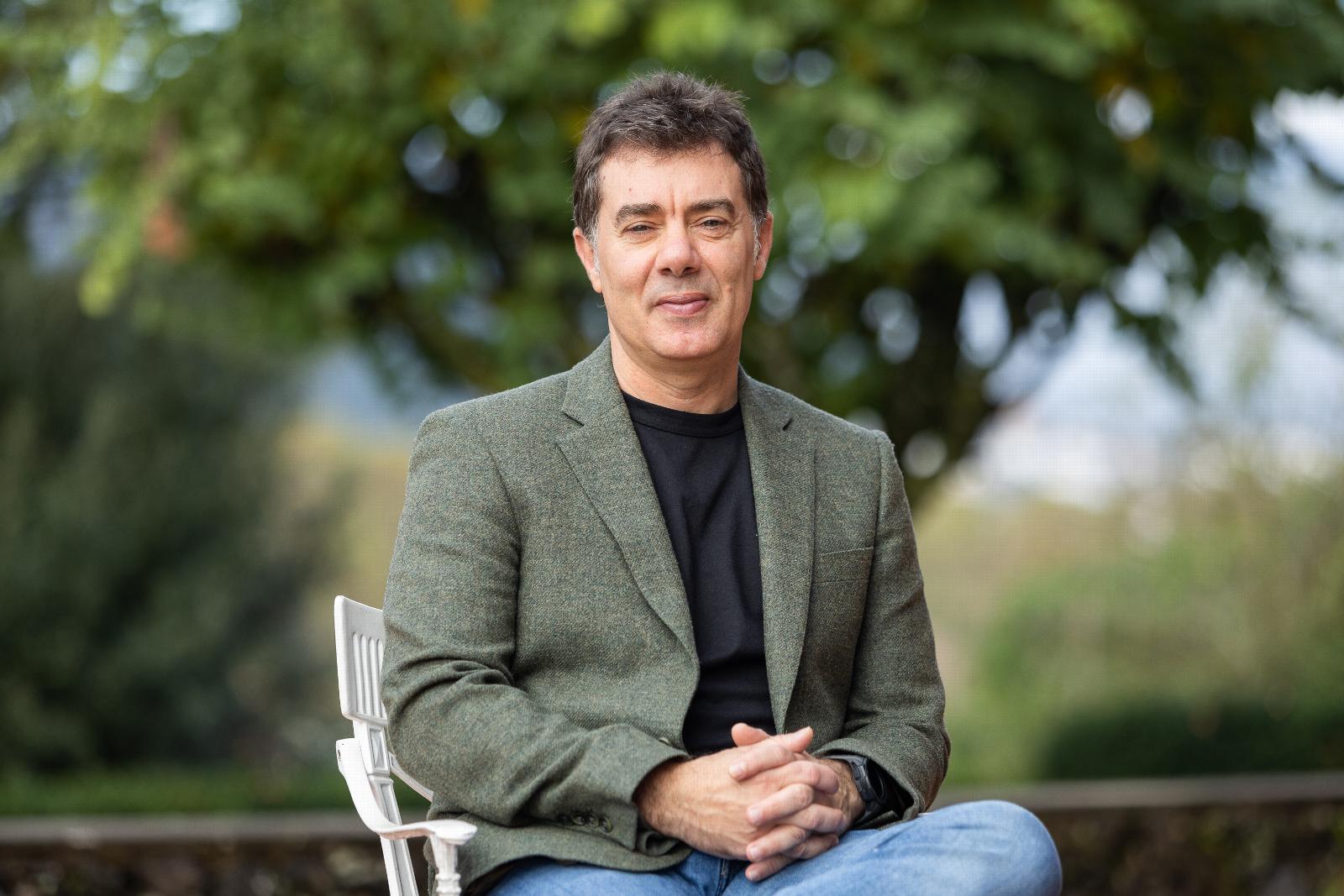
EDUARDO SANTOS
Lawyer and expert in mediation and family guidance
EDI POU
Musician, journalist and cultural activist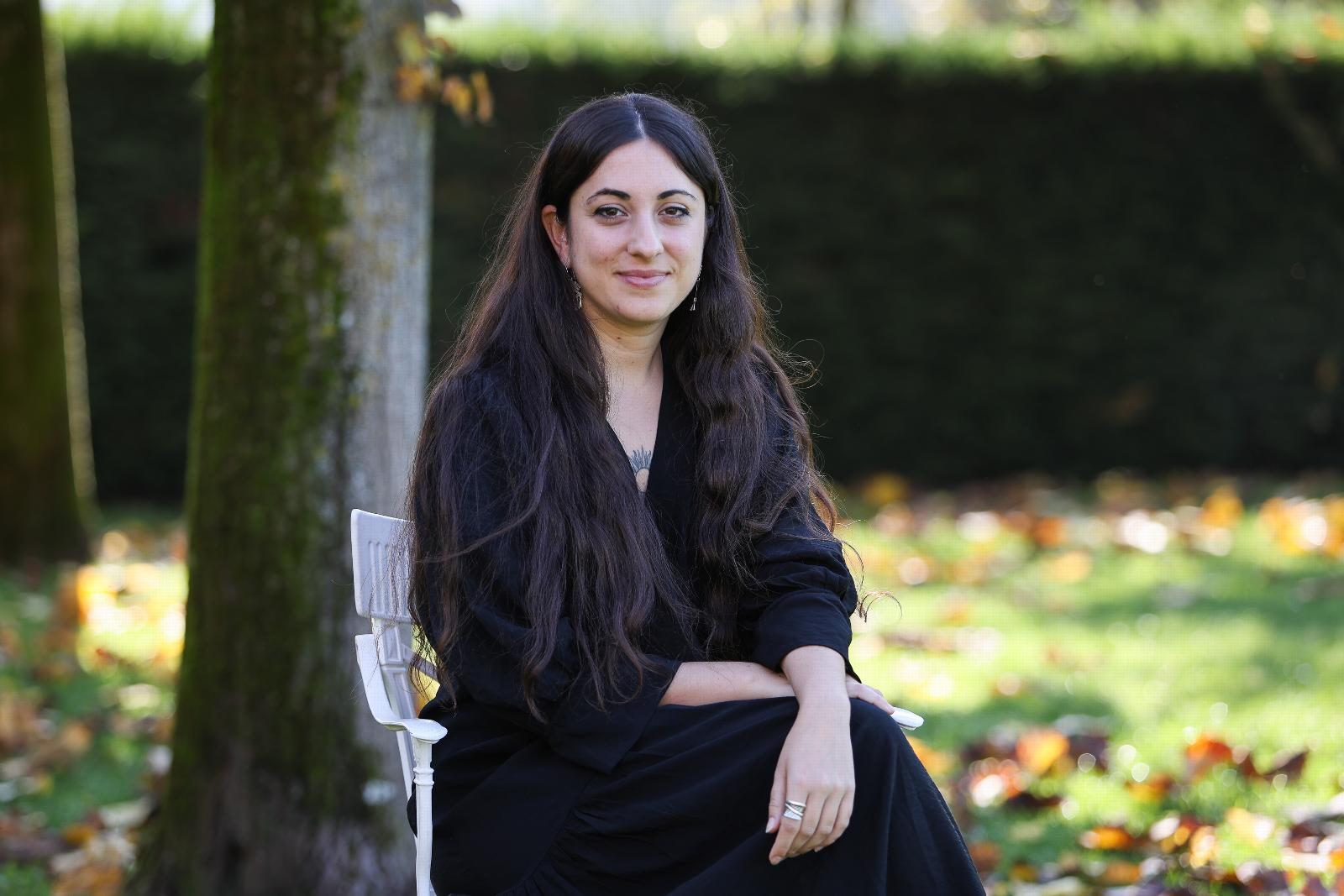
BEATRICE SIMONCINI
Multidisciplinary artist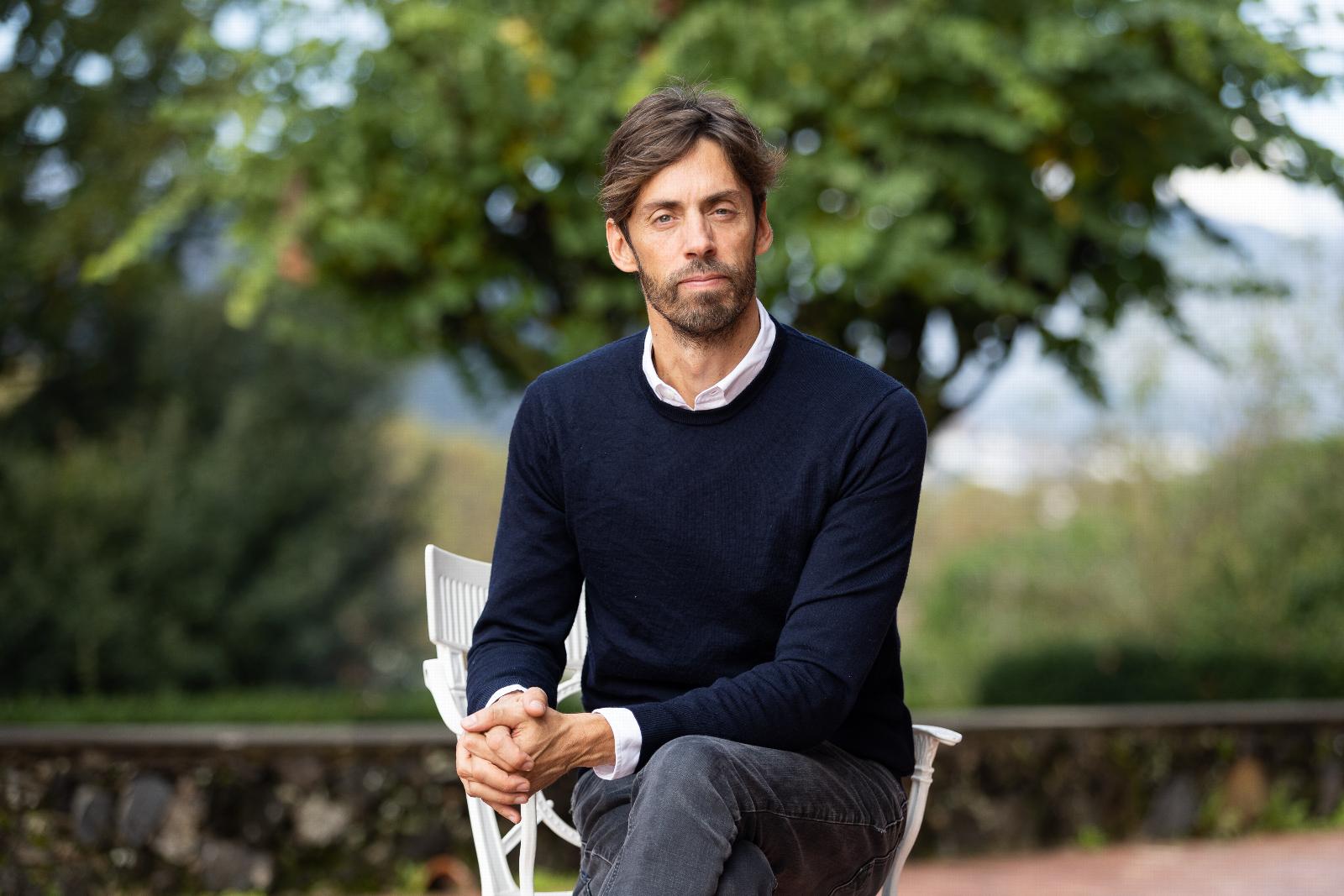
PERE ALMEDA
Director of Institut Ramon Llull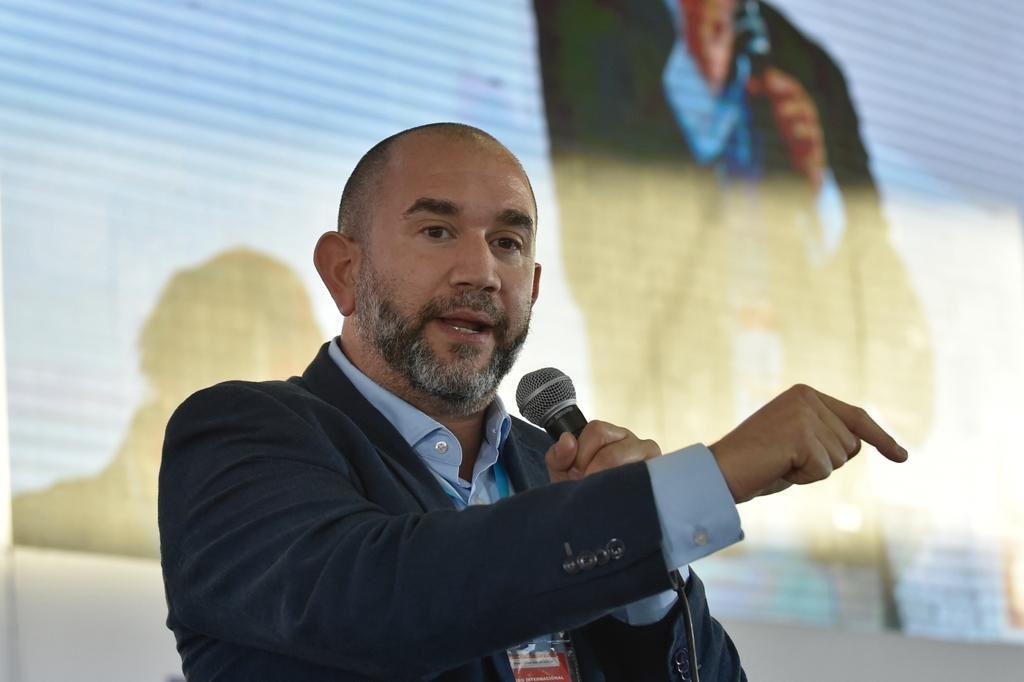
PABLO VOMMARO
Doctor in Social Sciences and professor and researcher at the University of Buenos AiresOpinions
What residents are saying about us

